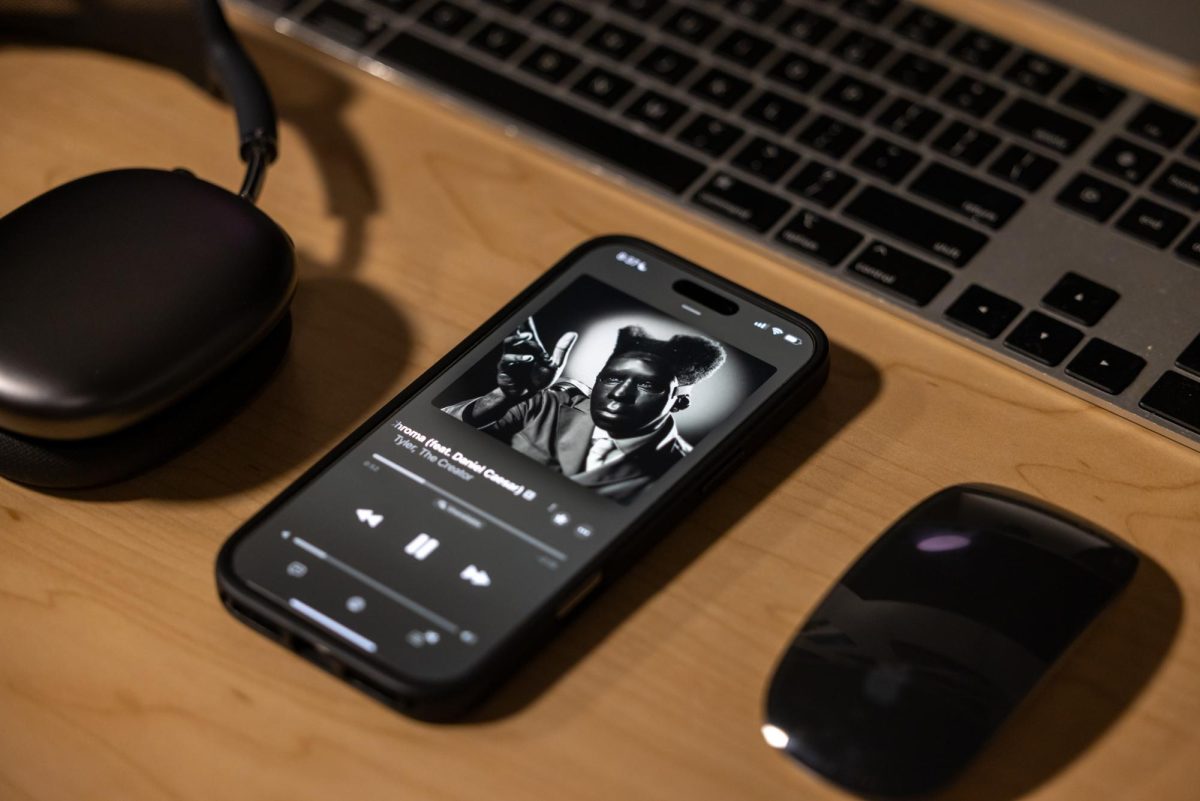
Hitler is mentioned directly at least five times, and it is postulated that he is a descendant of reptilian aliens that are represented in the Bible by Satan. Seriously. There’s a lot going on.
The busyness of the record seems to be a reflection of the way Oberst thinks about the world. His first line on the album is “I do my best to sleep through the caterwaul” and goes on to delineate all the noise that it’s best to just ignore. On the second song, “Shell Games,” Oberst wails that he doesn’t “want to play” because “it’s a shell game.”
But this doesn’t mean that Oberst has withdrawn from belief altogether. He embraces faith wholeheartedly on the record, especially the improbable choice (for a blue-eyed boy from Nebraska) of Rastafarianism. One of the songs on the record is named “Haile Selassie,” a reference to the Ethiopian emperor turned religious figure.
In the imposing “Firewall” he sings that he “dreamt I was riding on a motorbike, lion of Judah painted on the side.” And on the rocking “Jejeune Stars” he opens by stating that “Every new day is a gift, it’s a song of redemption/ any expression of love is a way to return/ to that place that I think of so often but I never mention/ the one the voice in the back of my head says that I don’t deserve.” This kind of bald religious sentiment is rare from bands whose music Pitchfork deigns worthy of review and Oberst’s courage in stating his beliefs is laudable.
The music itself is typically excellent, a return to indie rock, with the occasional folk or electronic twist. There are also long passages of speech accompanied by music, most of them delivered by Oberst’s Texan friend, Danny Brewer, whose rambling metaphysical visions are reminiscent of John Goodman’s character in “The Big Lebowski.” It is Brewer who posits the aforementioned Hitler thesis, as well as other strange ideas, and it is difficult to know how to digest the things he says; they are very interesting, and will seem to many to be extremely absurd.
The theological ambitions of the record are rescued from ridicule by Oberst’s talents as a songwriter. He makes incredible use of imagery: An exploding star looks like a blood orange, and a room that a woman has recently left smells of burnt sage. He knows how to lament our modern times, as on “Approximate Sunlight” where he sings that we “used to dream of time machines, now it’s said we’re post everything.”
Oberst knows how to mock jaded listeners, as he notes on “Beginner’s Mind” that “the sunshine’s so clich?, just like love and pain.” The People’s Key is a record of fiercely held belief, and while its ideas will put some people off, it is a strange, beautiful, and deeply personal album – a holistic take on existence that is one of the best records of the new year.
4.5 stars out of 5













